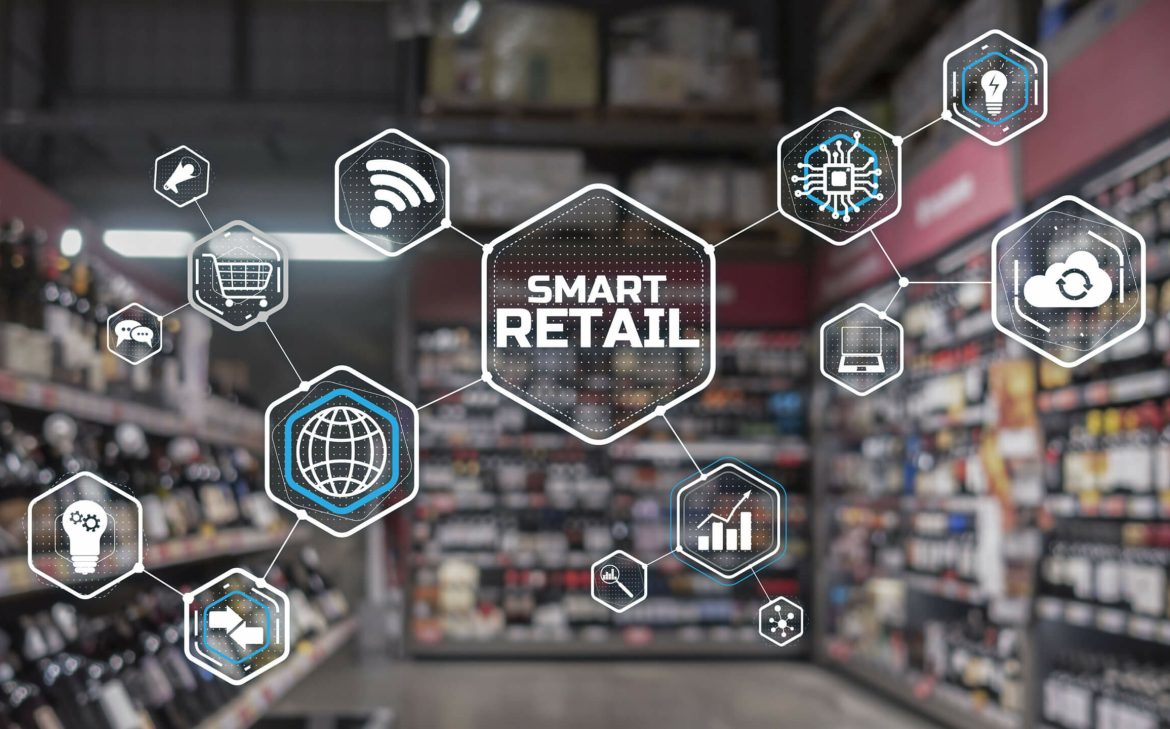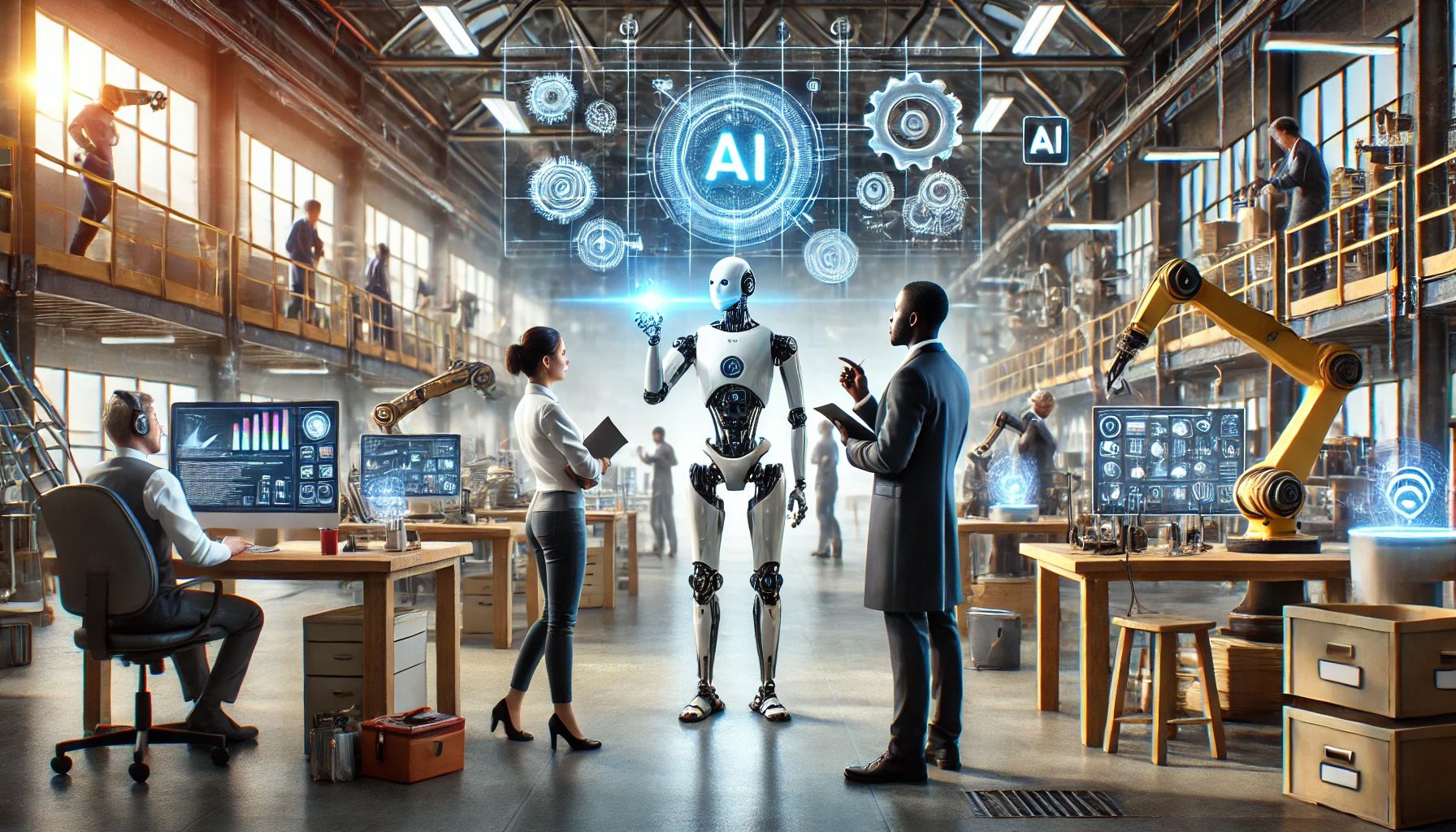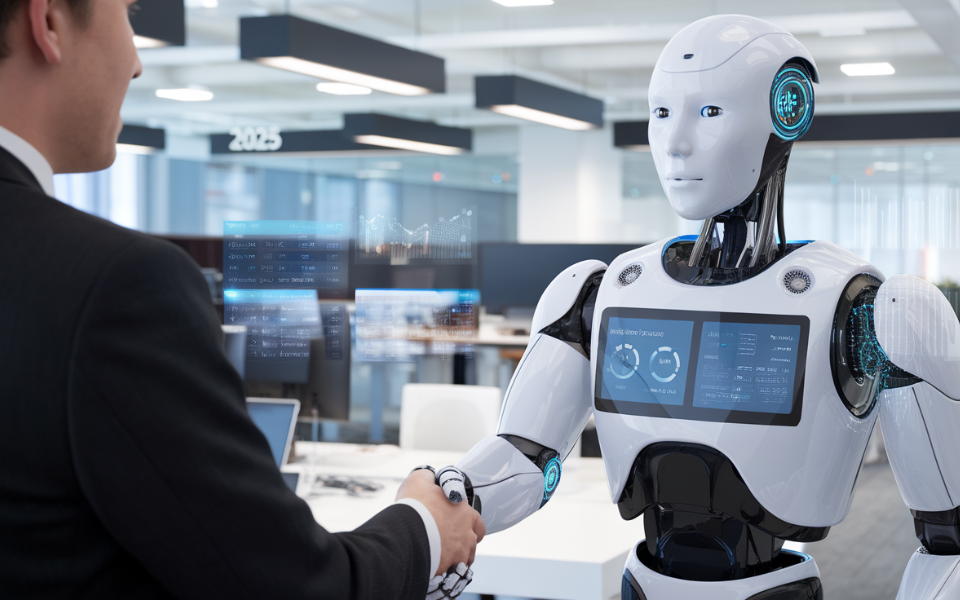Artificial Intelligence (AI) is revolutionizing the retail industry, offering smarter, faster, and more personalized experiences for both businesses and customers. From inventory management to personalized marketing, AI tools help retailers make data-driven decisions and stay ahead of consumer trends.
How is AI Used in Retail?
AI in retail enables companies to analyze vast amounts of data, predict customer behavior, automate processes, and enhance the overall shopping experience. Whether it’s through chatbots, visual recognition, or recommendation engines, AI is helping retailers increase efficiency and drive growth.
Top AI Tools Powering Retail Innovation
1. Salesforce Einstein
Salesforce Einstein brings AI to customer relationship management (CRM). It provides predictive insights, automates customer support, and delivers personalized product recommendations to boost engagement and sales.
Key Features:
- Predictive analytics
- Automated lead scoring
- AI-powered chatbots
2. Google Cloud AI for Retail
Google’s AI tools help retailers optimize their operations using advanced machine learning. From demand forecasting to product discovery and visual search, Google Cloud’s retail AI suite is widely used by global brands.
Key Features:
- Vision AI for visual product search
- Recommendations AI
- AI-powered demand forecasting
3. Shopify Magic
Shopify Magic uses AI to help eCommerce businesses write product descriptions, improve search functionality, and personalize online store experiences.
Key Features:
- AI-powered content creation
- Personalized product recommendations
- Smart inventory suggestions
4. Amazon Personalize
Built by the same technology that powers Amazon.com, this AI tool offers real-time personalized product recommendations for customers, boosting engagement and conversions.
Key Features:
- Real-time customization
- Individual user behavior tracking
- Integration with apps and websites
5. Vue.ai
Vue.ai uses AI and computer vision to automate retail processes like catalog management, personalized marketing, and visual search.
Key Features:
- Product tagging automation
- Visual recommendations
- Personalized email marketing
6. IBM Watson for Retail
IBM Watson uses AI to deliver insights into customer behavior, product performance, and supply chain trends. It supports both in-store and e-commerce experiences.
Key Features:
- Customer behavior analysis
- Demand forecasting
- Visual recognition and search
7. Relex Solutions
Relex focuses on AI-driven supply chain and retail planning. It helps retailers optimize inventory, manage promotions, and ensure product availability.
Key Features:
- AI-powered demand forecasting
- Supply chain optimization
- Promotion planning
Why Use AI Tools in Retail?
- Enhanced Customer Experience: Deliver personalized interactions across all touchpoints.
- Operational Efficiency: Automate manual tasks and streamline supply chain logistics.
- Smarter Decision-Making: Make data-driven decisions based on real-time insights.
- Increased Revenue: Optimize product placement, pricing, and promotions to drive sales.
Conclusion
The future of retail is AI-powered. With tools that improve customer experience, automate operations, and generate actionable insights, AI is a game-changer for the retail sector. By leveraging the right AI tools, retailers can not only survive but thrive in a competitive and fast-evolving marketplace.







Leave feedback about this